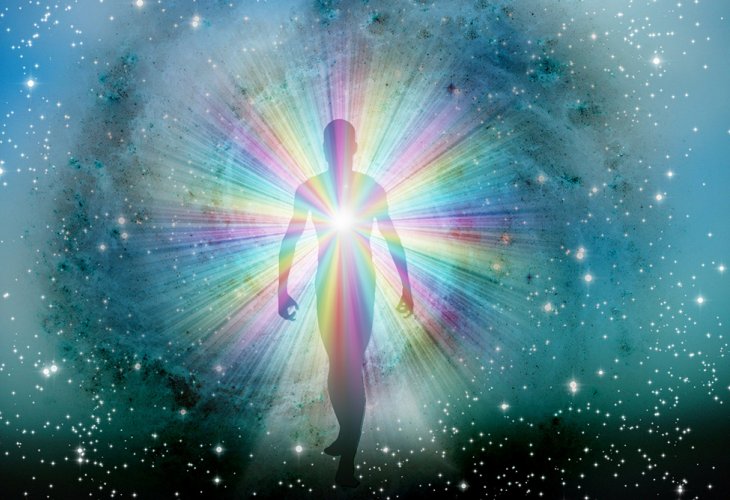In Search of God
The Proof of the Soul: Why Human Consciousness Points to a Spiritual Reality
The mystery of consciousness reveals that the human mind and soul transcend biology and reflect a divine origin
 (Photo: shutterstock)
(Photo: shutterstock)The clearest evidence of a spiritual dimension is not found in distant galaxies or hidden forces of nature, but it exists within each of us, in the most personal and intimate thing we know: the self.
All of physics, chemistry, and biology pale in comparison to the greatest wonder in all of creation — the inner experience of consciousness, the awareness of “I am.”
Can Consciousness Be Explained by Science?
Modern science cannot define or explain consciousness in material terms. Professor Yeshayahu Leibowitz, an expert in chemistry and neurophysiology, called this barrier “the psycho-physical problem.” He wrote: “The claim that will or sensation arises as a result of brain activity is completely unintelligible. The brain is merely part of the physical world, and everything that happens in it belongs to the transformations of matter and energy.
The statement that from neural processes emerges the phenomenon ‘I feel’ or ‘I want’ has no meaning in the language of the natural sciences... It is easy to say ‘brain activity causes mental experience,’ but we have no way of giving meaning to these words.”
(The Psycho-Physical Problem, The Open University, p. 26)
The mind and the soul lie beyond the boundaries of scientific description. This is not a technological limitation that might be solved in the future, but a fundamental impossibility. Matter can never explain an experience that is, by its nature, non-material.
Why Science Can’t Measure the Soul
Science can only describe things that have size, weight, or measurable quantity — things that exist in space and time.
Mental experiences however, such as thoughts, emotions, moral awareness, have no mass or volume. They cannot be weighed or measured, and therefore, they cannot be fully captured by scientific tools.
Researchers can document what people say about their inner experiences, but they cannot explain those experiences themselves.
What, after all, are joy and sorrow, love and morality, justice and choice? Where do they come from?
The Human Soul: The Peak of Creation
Human consciousness is unlike anything else in the material universe. It is the breath of life that the Creator infused into humankind.
A human being is not a machine functioning mechanically within nature; he or she is a free, creative, self-aware being — capable of rising above nature, of acting, thinking, and choosing.
Among all living creatures, only humans possess the power to choose between good and evil — to become righteous or corrupt. Our inner yearning for truth, meaning, and spiritual connection, beyond mere survival, is itself evidence of a soul within us.
The Implications of the Soul’s Existence
The existence of the soul leads to profound truths:
The uniqueness of humankind: We are fundamentally different from all other forms of life; we are the crown of creation.
The purpose of life: The soul descends into a physical body to fulfill a mission in this world. When the body dies, the soul returns to its Creator to give an account of its choices.
As the sages taught: “When a person departs from this world, he is accompanied neither by silver, nor gold, nor precious stones, but only by Torah and good deeds.” (Pirkei Avot 6:9)

